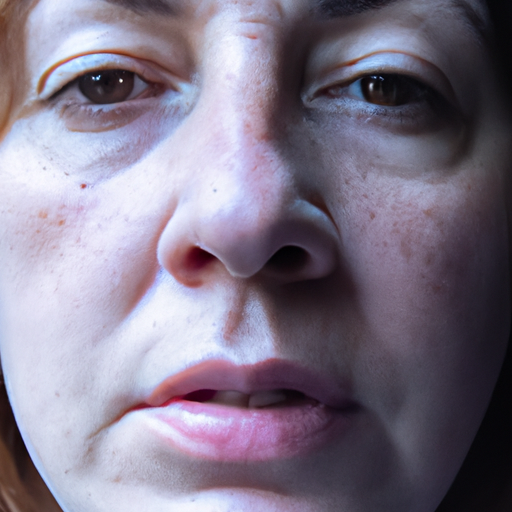As a doctor, I often get asked about the best skincare routines. One of the most common questions is, “When is the best time to moisturize: morning or night?” The answer to this question is not as straightforward as it may seem. It depends on various factors such as your skin type, the climate you live in, and your lifestyle. However, understanding how your skin works can help you make an informed decision.
Our skin is the largest organ in our body and it functions as a protective barrier against environmental aggressors. It also plays a crucial role in regulating our body temperature and maintaining our overall hydration levels. The skin’s natural hydration process fluctuates throughout the day and night, which is why the timing of your skincare routine matters.
In the morning, our skin is in its protective mode. It is exposed to various environmental stressors such as UV rays, pollution, and harsh weather conditions. Therefore, applying a moisturizer in the morning can help strengthen your skin’s protective barrier and prevent moisture loss throughout the day. It is also recommended to use a moisturizer with SPF during the day to protect your skin from harmful UV rays.
On the other hand, at night, our skin switches to repair mode. While we sleep, our skin works hard to repair any damage caused during the day and regenerate new skin cells. This is why many skincare experts recommend using a richer, more nourishing moisturizer at night to support the skin’s natural repair process.
However, it’s not just about when you moisturize, but also how you do it. Applying moisturizer to damp skin can help lock in hydration. After cleansing your face, pat it dry with a towel but leave it slightly damp before applying your moisturizer. This can help boost the effectiveness of your moisturizer and keep your skin hydrated for longer.
For those living in drier climates or working in air-conditioned environments, you may need to moisturize more often to prevent your skin from drying out. Similarly, if you have dry or mature skin, you may benefit from moisturizing both in the morning and at night.
On the other hand, if you have oily or acne-prone skin, you might think that you should skip the moisturizer to prevent your skin from becoming too oily. However, this is a common misconception. Even oily skin needs hydration. In fact, if you don’t moisturize, your skin may overcompensate for the lack of moisture by producing more oil, leading to more breakouts. In this case, opt for a lightweight, non-comedogenic moisturizer that won’t clog your pores.
In conclusion, both morning and night moisturizing have their benefits and it’s essential to consider your skin type and environment when deciding the best time to moisturize. However, the most important thing is to listen to your skin. If it feels dry, apply moisturizer. If it feels oily, you may need to adjust the type of moisturizer you’re using or the frequency of application. Remember, every person’s skin is unique and what works for one person may not work for another. Therefore, it’s crucial to find a routine that works best for you and stick to it for optimal skin health.



